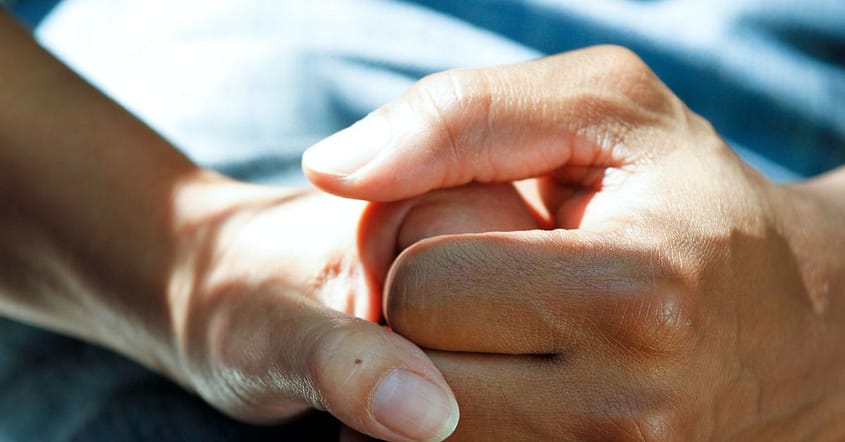The Flip Side of Empathy
By: Monica Jacob
Empathy is a big theme when we talk about mental health at work – we want empathy from our co-workers, our clients, our bosses and our bosses’ bosses.
Paul Bloom, psychologist at University of Toronto challenges us to rethink empathy in Dr. Adam Grant’s podcast WorkLife, as he explains 3 traps that prevent us from caring about others:
Trap #1: We tend to feel empathy for individuals, not groups.
This is very human in nature, but can lead to inefficient and sometimes, unfair policies and choices as one employee is given time off for his stress but that same privilege is not extended to all staff. It is easy to see the pain of one individual as compared to that of a larger group.
Trap #2: Empathy is biased
We tend to empathize with those similar to us- someone who looks like us, someone of the same race or even someone with a similar job. When we make decisions based on empathy, we might direct our care only to those who are like us. It needs no explanation as to how this form of decision-making can lead to disastrous outcomes that are highly biased.
Trap #3: Empathy can drain us
We can get so overloaded when feeling another person’s pain that we might end up trying to help ourselves feel better rather than caring for others. What is interesting to note is that it is rarely compassion that drains us; rather it is empathic distress – feeling concern for someone but being unable to alleviate their pain.
Dr. Grant says that we need compassion more than empathy. Compassion is taking action and responding in order to alleviate someone’s pain. Bloom calls it rational compassion– thinking rationally about how to do good, as opposed to emotionally feeling the pain of another. Compassion seems to have become an organizational imperative, particularly after the pandemic, and helps with retaining skilled and talented workers.
Ask yourself: are we fostering a compassionate workplace, where people are feel cared for?
Article supplied with thanks to The Centre for Effective Living.
Feature image: Photo by National Cancer Institute on Unsplash










